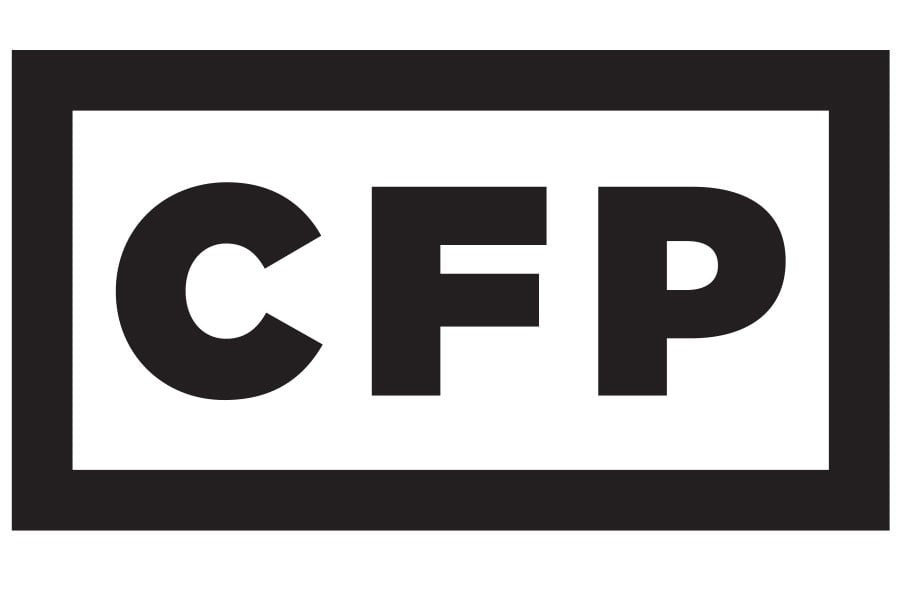

The number of financial professionals holding the certified financial planner designation hit an all-time high in 2020, as the number of women, Blacks and Hispanics with the designation also increased, according to statistics released Monday.
The Certified Financial Planner Board of Standards Inc. said the number of CFP professionals was 88,726, a 2.7% increase over 2019. The number of women CFPs increased by 3.1% over 2019 to a high of 20,633, or 23.3% of all CFPs.
The number of Black and Hispanic CFPs grew to a total of 3,688, a 12.6% increase over 2019. Blacks and Hispanics still represent just a fraction of CFPs, with Blacks comprising 1.68% (1,493) and Hispanics accounting for 2.46% (2,170).
The CFP Board’s Center for Financial Planning hosted a diversity summit in November that focused on sustainable programs. The Center released a report that highlighted diversity, equity and inclusion efforts at Charles Schwab, Fidelity, HoyleCohen, Merrill Lynch Wealth Management, Northwestern Mutual and Wetherby Asset Management.
“The increase in the number of CFP® professionals of color reflects the strong efforts by CFP Board and the Center for Financial Planning to create a more diverse and sustainable financial planning profession,” CFP Board Chief Executive Kevin Keller said in a statement. “We will continue to work together toward a future where the financial planning professional reflects that of America.”
Like the financial advice sector generally, the CFP statistics show that those holding the designation are aging. About 46.7% of CFPs are between the ages of 50 and 79, while 28% are between 20 and 39.
The total number of CFPs grew last year despite the coronavirus pandemic, which made it difficult to take CFP exams at testing centers due to social distancing concerns. But the economic and financial disruption caused by the outbreak helped highlight the value of the mark, Keller said.
“The financial challenges that have impacted so many during the COVID-19 pandemic have highlighted the importance of financial planning,” he said. “Financial planning also continues to be regarded as a highly sought and attractive career choice, and CFP® certification has become the must-have designation for those providing financial advice.”
The CFP Board oversees the competency and ethical standards for the credential for U.S. mark holders.

A new proposal could end the ban on promoting client reviews in states like California and Connecticut, giving state-registered advisors a level playing field with their SEC-registered peers.

Morningstar research data show improved retirement trajectories for self-directors and allocators placed in managed accounts.

Some in the industry say that more UBS financial advisors this year will be heading for the exits.

The Wall Street giant has blasted data middlemen as digital freeloaders, but tech firms and consumer advocates are pushing back.

Research reveals a 4% year-on-year increase in expenses that one in five Americans, including one-quarter of Gen Xers, say they have not planned for.
Orion's Tom Wilson on delivering coordinated, high-touch service in a world where returns alone no longer set you apart.
Barely a decade old, registered index-linked annuities have quickly surged in popularity, thanks to their unique blend of protection and growth potential—an appealing option for investors looking to chart a steadier course through today's choppy market waters, says Myles Lambert, Brighthouse Financial.
